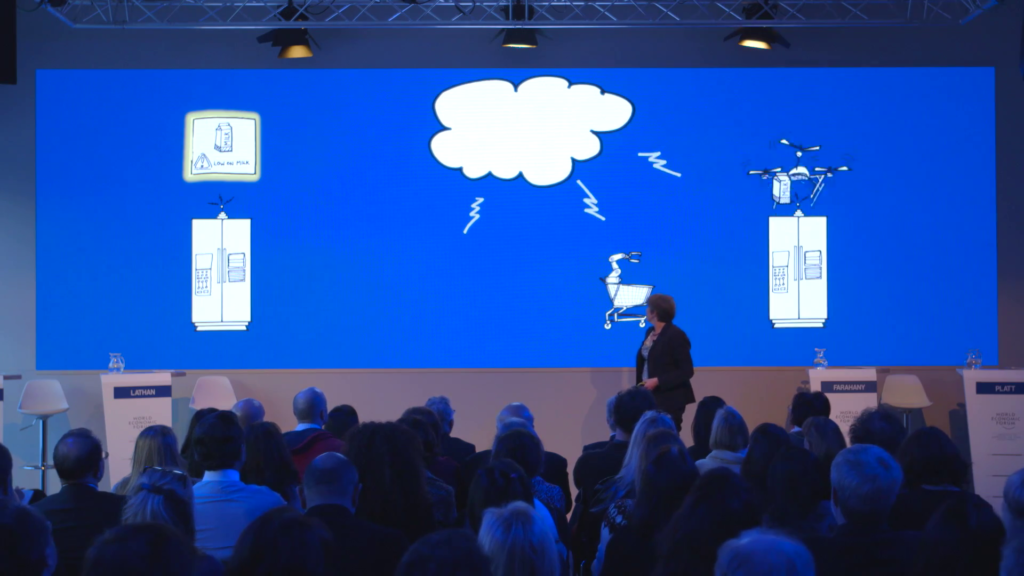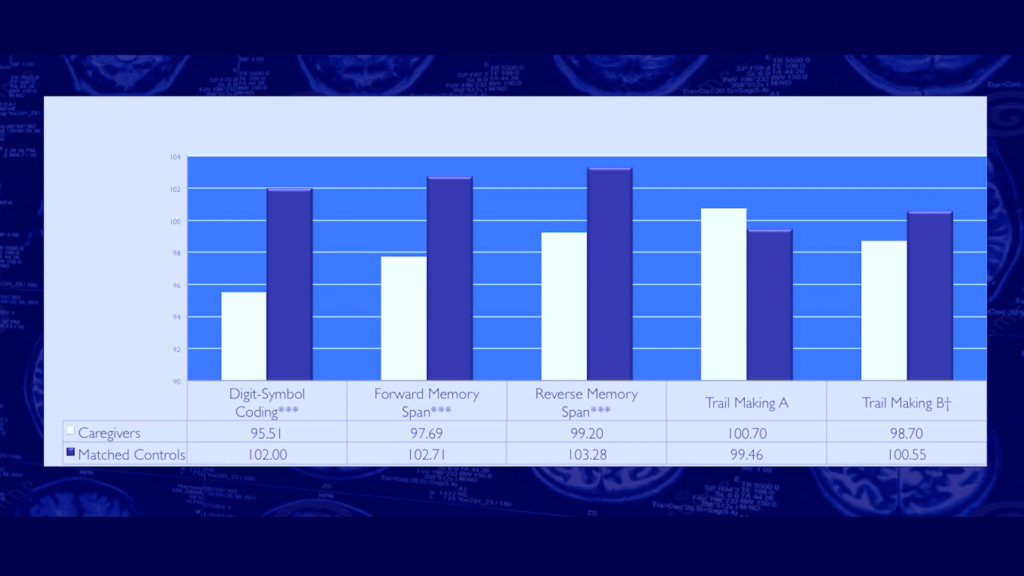Corinna E. Lathan: So, how many of you would say that you’re generally healthy? Good, most of you. I’m happy to see that. Alright, so how many of you have ever misplaced your keys? Okay, also most of you. How many of you have ever forgotten someone’s name that you actually knew pretty well? Okay.
So, how do you know if that’s normal, or if you have early onset Alzheimer’s? You don’t. Because we haven’t spent enough time to quantify brain health to know if you need healthcare. In fact, we’re ignoring the brain. Every time you go into the doctor’s office, they take your blood pressure, your temperature, your height, your weight, but they do nothing to measure your brain health. And tracking your brain health, or cognitive health, over time is critical if we want to detect a change if something happens, like a concussion, depression, the onset of Alzheimer’s.
Why don’t we quantify the brain? Well, what I want to argue today is that we need a shift from diagnosis and treatment, to wellness and prevention. And that we have the data to do it.
So, let’s talk about data. You’ve all heard of the Internet of Things. And generally we think about machines and devices connecting to each other. But it’s actually an Internet of things and people. And we’re continually generating data, both through actively interacting with our environment as well as through passive monitoring. Between my cell phone and my wearables, I generate more data in a day than my doctor sees in a year. And the future of the Internet of Things is going to add more and more data that we can use to quantify “healthy.”
For example, we already have devices that we can use to control and monitor our home environment. And the advances in AI and robotics are going to allow the smart home of the future, with scenarios such as the following.

So your refrigerator of the future might sense that you’re low on milk, send a message to the store, a robot delivers your milk, and directly to your refrigerator. You think a human’s out of the loop, but we actually have really interesting data on your behavior. We know where you live. We know where you shop. We know how much milk you drink. A lot of data that can be used to quantify healthy.
So I want to move away from data for a moment and talk about the cost of ignoring your brain. Non-communicable diseases are responsible for 60% of deaths worldwide. This includes cancer, diabetes, cardiovascular disease, and mental illness. And these diseases will cost us $47 trillion by 2030. This is about as much as the US, European, and China economies combined. And all of these non-communicable diseases affect your brain and cognitive health. Whether directly, like depression or dementia, or indirectly through medication or the long-term effects of chronic disease.
But I want to focus on dementia for a moment. 44 million people worldwide have dementia. And one in three people over sixty die with dementia. And by 2030, 75 million people will have dementia if we do nothing. There’s also a second cost to ignoring our brain, the second victim of long-term chronic disease, the caregivers. There are 66 million unpaid caregivers in the US alone. The value of their care is $522 billion per year. This is more than the amount of paid care. It’s also almost as much as the United States government spends on Medicare for our elderly.

So, we invited caregivers to a website that we created called the Health-eBrain Study, because caregivers are also at high risk for mental illness, and depression, and other brain and behavioral issues. And so we suspected, even though they say that they’re healthy, just like we did, that probably, compared to the general population, they might not be as healthy as they think they are. So we had a thousand people come to the web site and take a computerized cognitive test. And the results were sobering. Sure enough, these healthy caregivers, when compared with matched controls had cognitive impairment.
So, what do we do? Do we wait till they report themselves as sick, so that they can be diagnosed and treated? Or do we make that shift, and focus on health, not healthcare. So, how do we do that? Well, I want to end by telling you about a digital health tool that we developed for the military to measure brain and cognitive health. The military normally only assesses the cognitive health of the soldier if they suspect that a concussion may have occurred. The problem is that all of our deployed men and women are exposed to conditions that can affect your brain health, such as combat fatigue and stress, or even depression and PTSD. So, we designed a mobile medical app that allows medics to track soldiers’ brain health over time, and not just when an injury occurs.
So, what does the future of brain health look like? Imagine, what if every time you walked into the doctor’s office they measured your brain vital as well as your Body Mass Index. What if we used all of the data generated by the Internet of Things to quantify healthy aging? What if we provided tools to those who are at risk for dementia, tools for them to manage their own brain health, so that one in three of us don’t die with dementia. We can all define healthy together. Thank you.
